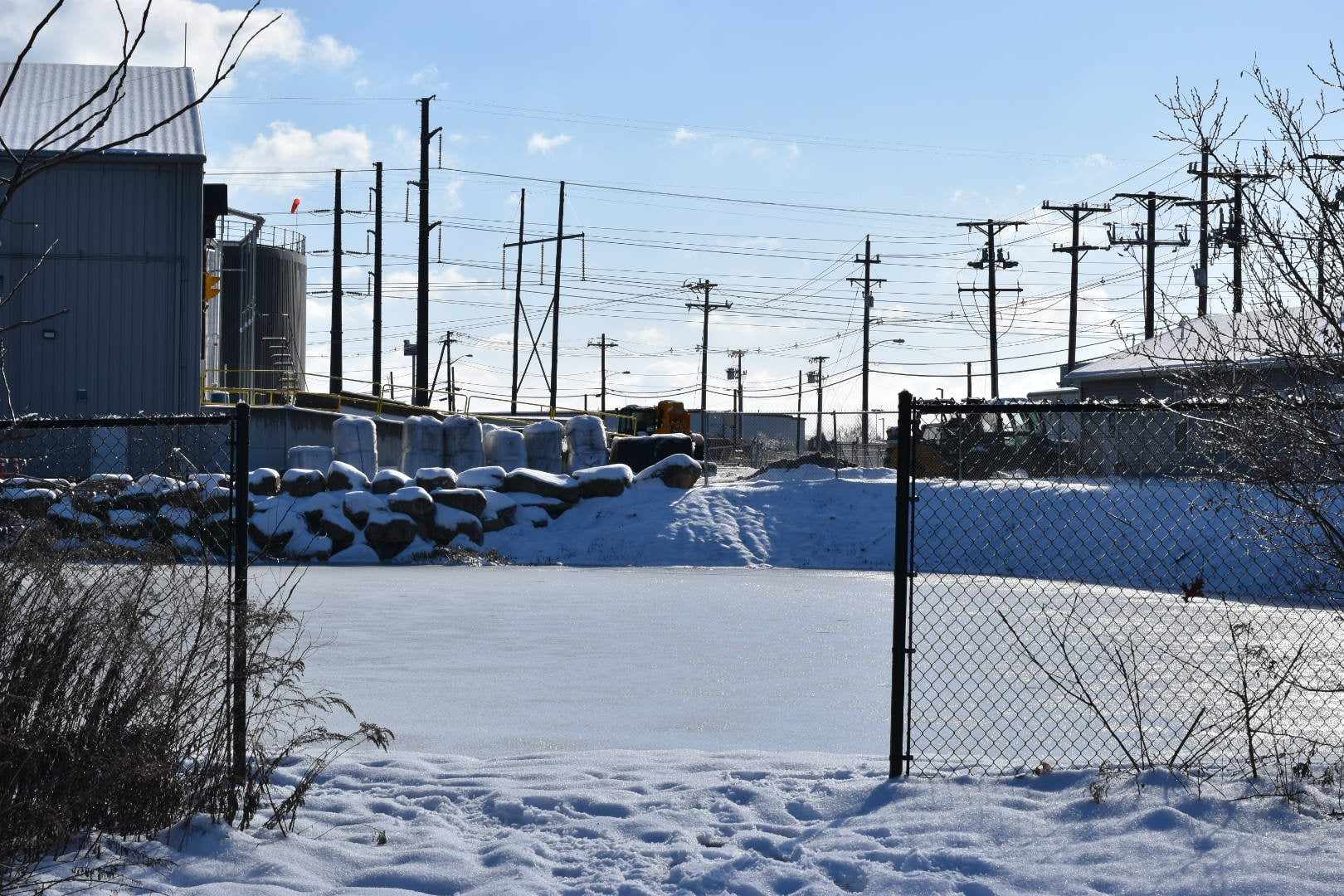Wastewater Management Boot Camp Provides Basic Training
October 3, 2018
PROVIDENCE — They are largely unnoticed as environmentalists, but the unheralded work of wastewater treatment plant operators keeps the unrelenting flow of human waste from compromising public health and degrading the natural world.
For the past decade, a free yearlong program in Rhode Island has been providing this group of local men and women with educational opportunities to learn new information and skills and helping them network with individuals in the wastewater, regulatory, and other related professions.
The Rhode Island Department of Environmental Management’s boot camp is a form of basic training, but its “drill sergeants” don’t deliver spit-flying, expletive-filled tirades. There are no field trips to Parris Island, S.C.
The agency’s popular Wastewater Management Boot Camp — the first-of-its-kind program is now a model nationally and has been adopted by the other five New England states — graduated its sixth class earlier this year. (The programs take years off between sessions to help unpaid trainers have a break.)
Bill Patenaude, the principal engineer for DEM’s Office of Water Resources who has spent the past 30 years working in the office as an inspector and supervisor, recently told ecoRI News that the program is “one of the things I am most proud of.”
“It’s not just the technical. It’s not just the equipment and the pumps. It’s the people. It’s the men and women who operate these plants,” he said. “They’re the unsung heroes that do all the work.”
The annual program welcomes wastewater treatment plant operators from communities across Rhode Island. The program has hosted operators from Bristol, Cranston, East Providence, Newport, West Warwick, and Woonsocket, to name a few, and from the Narragansett Bay Commission’s Bucklin Point and Fields Point treatment facilities.
With federal money to train wastewater treatment plant employees drying up more than 10 years ago, the Boot Camp program was devised to address succession planning and training future plant managers.
“Plant operators know firsthand there is a vital connection between clean water and our state’s economic vitality,” DEM director Janet Coit said shortly before the program’s 2015-16 class got to work. “The goal of this program is to provide expert training and networking opportunities to the next generation of plant leadership, so we are better equipped as a state to preserve our waterways.”
Participants receive training in plant management, technical instruction in engineering basics and process control, emergency preparedness, and working with regulatory bodies. Lectures on topics such as aquatic sciences, climate change, and laboratory testing are held, and guest speakers include scientists and environmental advocates.
Development of the decade-old Boot Camp program was funded by the Environmental Protection Agency, and training offerings are now provided in partnership with the Narragansett Bay Commission, Narragansett Water Pollution Control Association, and the New England Interstate Water Pollution Control Commission.
The inaugural Boot Camp class of 13 graduated in 2008. The goals of that first class were to help build the knowledge base, confidence, and contacts of potential future wastewater treatment facility managers. The Boot Camp featured training sessions on a variety of topics pertinent to management, such as performance management, labor relations, budgeting, and media relations.
To keep program costs low, local wastewater treatment plant managers and regional experts deliver the training, which is provided in the form of one class a month for 12 months.
The mission of Boot Camp “is to support and develop the wastewater profession in Rhode Island — one person at a time.” The program does so by providing professional development to the “men and women who safeguard public health, our environment, and our economy by protecting the waters of the Ocean State,” according DEM’s Patenaude.
Boot Camp participants are nominated by their employers because “they have exhibited leadership qualities and the potential for future growth within the wastewater operator profession.”
Participants commit to attending all classes. Makeup classes or other activities are required in the event that circumstances prevent attendance. Each participant also gives a final presentation before graduating from the program.



